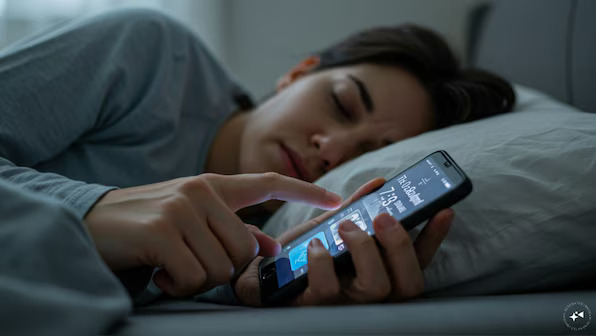Hitting the snooze button on a morning alarm does more harm than good. Not only does it disrupt the important REM sleep stages, required for optimal cognitive functioning, but it also leads to poorer sleep quality and grogginess throughout the day. So, how can you fix this habit? Just five more minutes”, you whisper to yourself. Maybe even ten. But while those extra moments under the covers feel like sweet relief, they might actually be messing with your sleep more than helping. snoozing is far more common on weekdays, particularly Monday through Friday, when rigid work schedules make early wake-ups unavoidable. On weekends, people are less likely to snooze, perhaps because they’re waking up on their own or simply allowing themselves more rest. Interestingly, those clocking fewer than five hours of sleep per night were found to be the least likely to snooze, likely because they had no choice but to get moving immediately due to responsibilities or time constraints. While those few extra minutes in bed might feel like a small morning luxury, experts warn that snoozing could be quietly sabotaging the quality of your rest—and your day. According to Robbins, the sleep we get after pressing snooze is typically fragmented and shallow, meaning it doesn’t offer the same restorative benefits as uninterrupted sleep. Instead of feeling refreshed, many people end up groggier than before. Certainly, if you’re feeling worse off (and) more tired from the snooze alarm, I would recommend going back to waking up cold turkey without it But why does this happen? This is because the last stages of sleep before we naturally wake up are crucial. This is when our brain gets rich amounts of rapid eye movement (REM) sleep, important for memory and emotional processing. So while hitting snooze might seem harmless, it’s not just costing you a few extra minutes; it could be robbing you of the quality sleep your body needs to function at its best
Thank you for reading this post, don't forget to subscribe!
Friday, October 10, 2025


